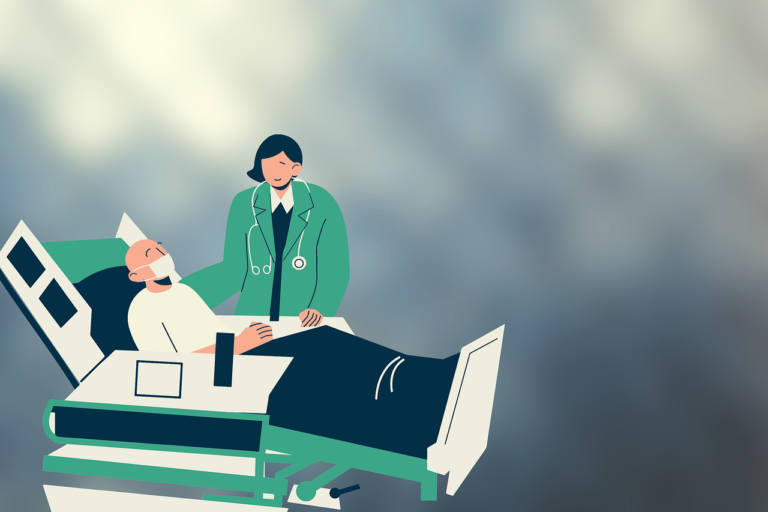Book Appointment Now

Non-Nursing Theory in Nursing
The field of nursing draws from a wide variety of theoretical frameworks to guide clinical practice, education, and research. While many of these theories are developed specifically within the nursing profession, nurses also rely heavily on non-nursing theories, which originate from disciplines such as psychology, sociology, and education. Understanding the role of these non-nursing theories in nursing is essential, as they provide valuable insights and tools that complement nursing-specific models and enhance patient care.
Looking for essay writing help with non-nursing theory paper?
Help With Nursing Theory Paper
What is a Non-Nursing Theory?
A non-nursing theory refers to a theoretical framework or concept that has been borrowed from other disciplines, such as psychology, sociology, education, or business, and applied to nursing practice. These theories are not originally developed for nursing, but their principles can be adapted to meet nursing objectives and challenges.
Importance of Non-Nursing Theories in Nursing Practice
- Enhanced patient care: Non-nursing theories provide additional perspectives that can be applied to improve patient outcomes.
- Interdisciplinary collaboration: These theories promote collaboration between nursing and other healthcare professionals by establishing a common theoretical foundation.
- Broader understanding: Borrowing theories from other fields allows nurses to approach complex healthcare issues from different angles, leading to more comprehensive care strategies.
Check out: Nursing theories vs non-nursing theories writing help
Common Non-Nursing Theories Used in Nursing
Several non-nursing theories have been successfully integrated into nursing practice, contributing to the professional development of nurses and improving patient care. Below are some examples of these theories:
1. Maslow’s Hierarchy of Needs (Psychology)
One of the most widely used non-nursing theories in nursing is Maslow’s Hierarchy of Needs. Developed by psychologist Abraham Maslow, this theory categorizes human needs into five levels: physiological, safety, love/belonging, esteem, and self-actualization.
Application in Nursing:
- Nurses use Maslow’s theory to prioritize patient care by addressing the most basic needs, such as nutrition, hydration, and safety, before attending to higher-level psychological or social needs.
- It helps nurses assess a patient’s overall well-being and develop care plans that take into account both physical and emotional health.
2. Bandura’s Social Learning Theory (Psychology)
Albert Bandura’s Social Learning Theory emphasizes the role of observation, imitation, and modeling in learning. This theory highlights the importance of social interactions in the learning process.
Application in Nursing:
- Nurses use Bandura’s theory to educate patients and caregivers by demonstrating healthcare behaviors, such as medication administration or wound care, that patients can observe and replicate.
- It is also applied in nursing education, where students learn through observing experienced nurses in clinical settings.
3. Lewin’s Change Theory (Sociology/Management)
Kurt Lewin’s Change Theory is commonly used to understand how change occurs within organizations and how people respond to it. The theory consists of three stages: unfreezing, changing, and refreezing.
Application in Nursing:
- Lewin’s theory is used to guide organizational change within healthcare settings, such as implementing new policies or adapting to new technologies.
- It helps nurse leaders manage resistance to change and foster a culture that is open to innovation and continuous improvement.
4. Lazarus and Folkman’s Stress and Coping Theory (Psychology)
This theory, developed by Richard Lazarus and Susan Folkman, focuses on how individuals respond to stressful situations and the strategies they use to cope.
Application in Nursing:
- Nurses apply this theory to understand how patients react to stressors related to illness, hospitalization, or treatments.
- It is used to assess coping mechanisms and to provide support that enhances patients’ emotional and psychological well-being during stressful healthcare experiences.
5. Erikson’s Psychosocial Development Theory (Psychology)
Erik Erikson’s Psychosocial Development Theory outlines eight stages of human development, each characterized by different psychological challenges. This theory provides insights into how individuals develop and navigate social relationships across their lifespan.
Application in Nursing:
- Nurses use Erikson’s theory to assess the developmental needs of patients based on their age and life stage.
- It helps nurses provide age-appropriate care that addresses the specific psychosocial challenges patients may face at different stages of their lives.
How Non-Nursing Theories Complement Nursing Theories
Nursing is an interdisciplinary field, and non-nursing theories complement nursing-specific frameworks in various ways. While nursing theories such as Orem’s Self-Care Deficit Theory or Watson’s Theory of Human Caring focus specifically on the nursing process, non-nursing theories provide additional context and depth to patient care.
Advantages of Using Non-Nursing Theories:
- Broader applicability: Non-nursing theories are often more universally applicable across different disciplines and healthcare settings.
- Holistic care: These theories allow nurses to address not just the physical but also the emotional, psychological, and social aspects of patient care.
- Research support: Many non-nursing theories are well-researched, providing a solid foundation for evidence-based practice in nursing.
Challenges in Applying Non-Nursing Theories to Nursing
While non-nursing theories offer numerous benefits, there are also challenges to consider:
1. Adaptation to Nursing Context
- Non-nursing theories must often be adapted to fit the unique needs of nursing practice, which may require modifications to their original frameworks.
2. Lack of Specificity
- Some non-nursing theories may lack the specificity required to address the complexities of nursing, as they were not designed with healthcare in mind.
3. Integration with Nursing Theories
- Combining non-nursing theories with existing nursing theories can sometimes create confusion or overlap, making it difficult to apply them cohesively in practice.
Non-nursing theories in nursing play a crucial role in enriching the nursing profession by offering alternative perspectives and strategies for patient care. Borrowed from fields like psychology, sociology, and education, these theories provide a well-rounded approach to nursing practice, allowing for better patient outcomes and more comprehensive care. By understanding and integrating non-nursing theories into their practice, nurses can enhance their decision-making, improve their communication skills, and contribute to the overall well-being of their patients
The combination of nursing and non-nursing theories enables a holistic and interdisciplinary approach to healthcare, which is essential in today’s complex healthcare environments. While challenges exist in adapting non-nursing theories to nursing, the benefits they bring to patient care, education, and research make them indispensable tools for the modern nurse.







